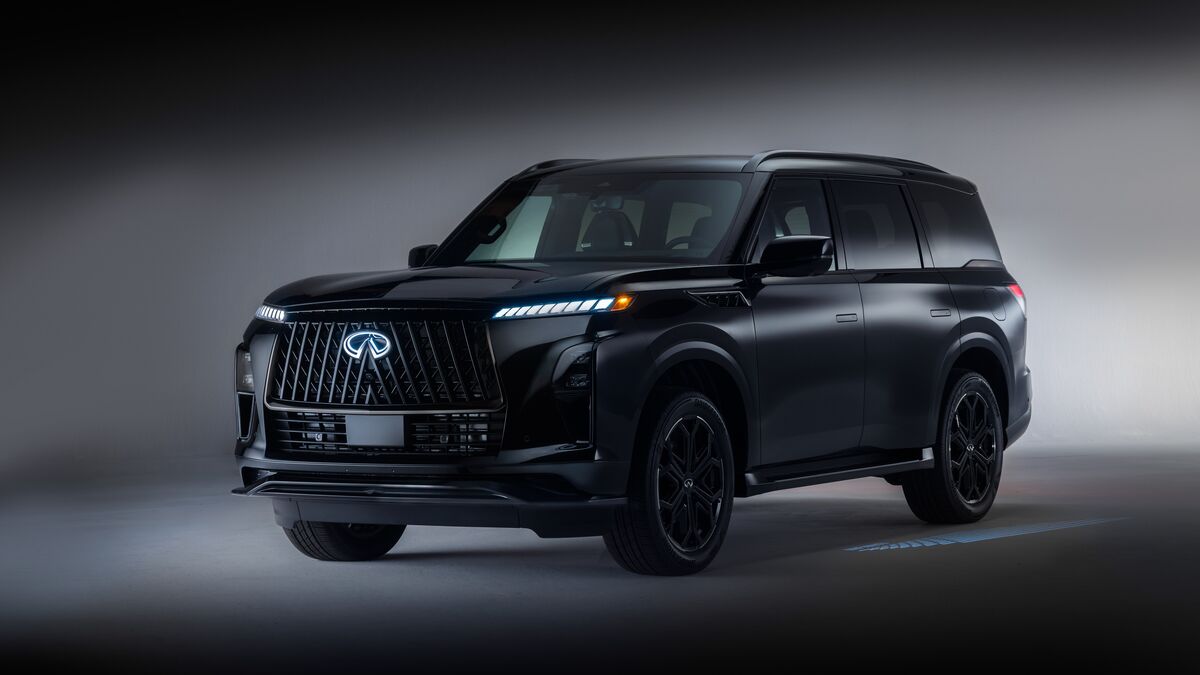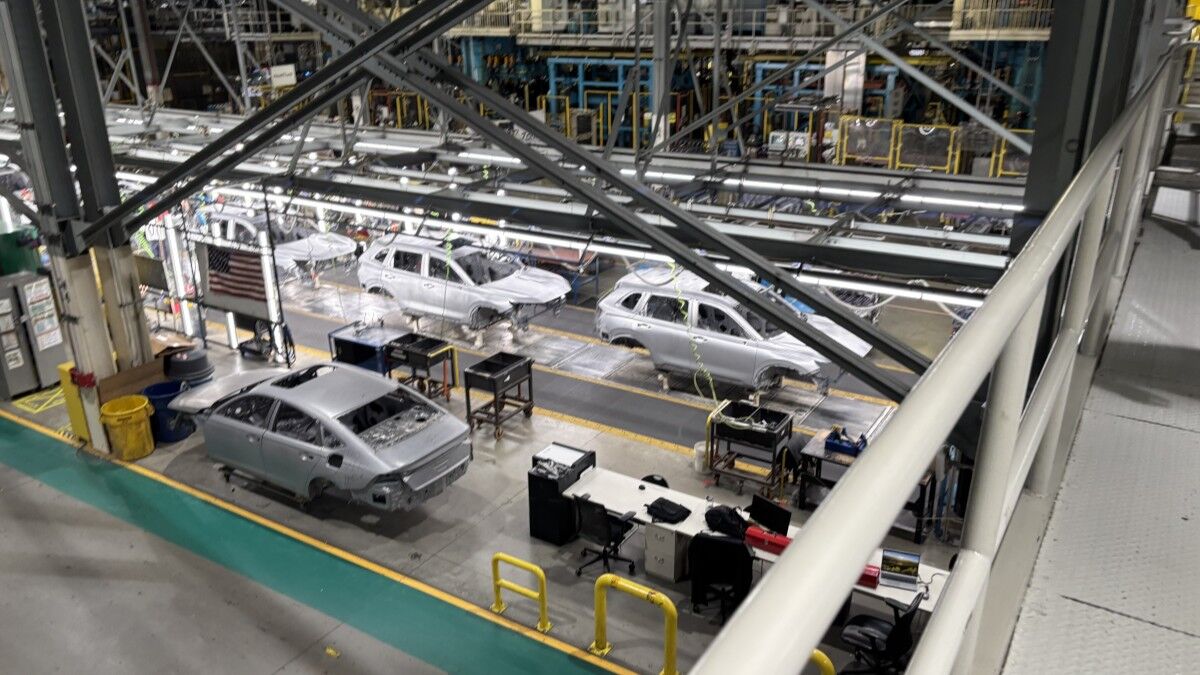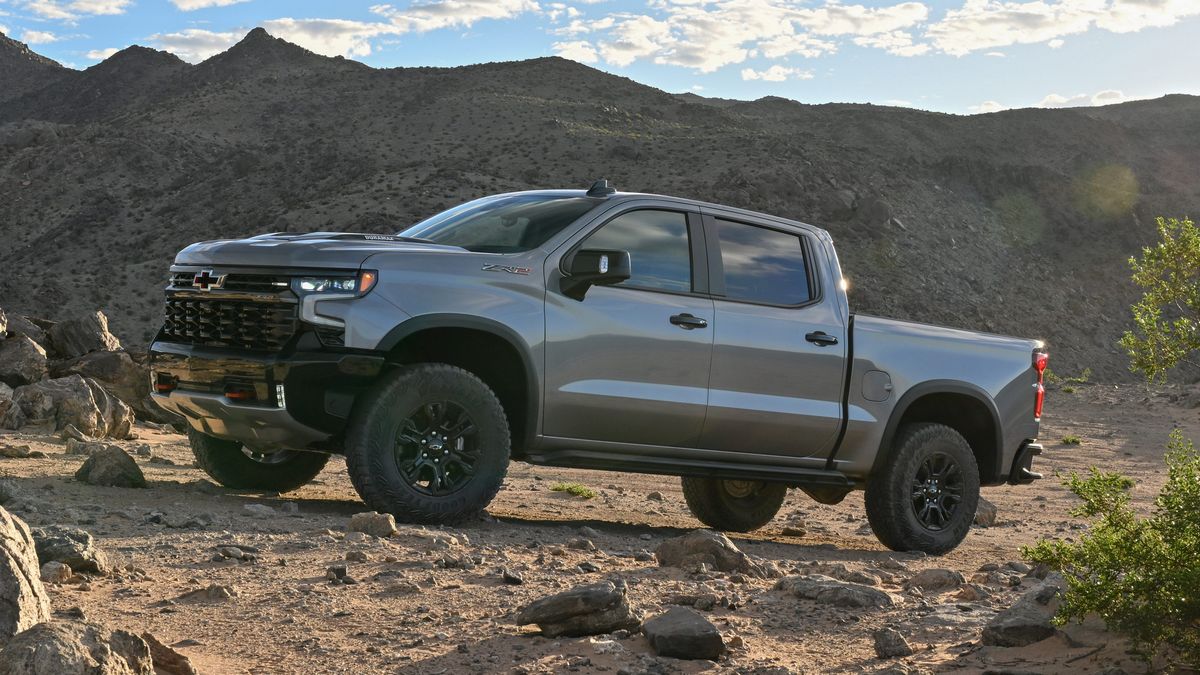- The average earner would need to work 37.4 weeks to pay off the average new car
- The figure rose last month after a year of improvement
New cars are growing harder to afford after more than a year of improving conditions for car shoppers.
The price of the average new car dropped slightly last month. But prices are not necessarily the best measurement of affordability.
We prefer to count time. Few Americans can afford to buy a new car with cash. So the Cox Automotive/Moody’s Analytics Vehicle Affordability Index measures how long the average American would need to work to pay off the average new car.
The index hovered between 33 and 36 weeks for most of the decade before the COVID-19 pandemic. It spent most of the last year steadily recovering, hitting 36.3 weeks in March, its lowest level in 45 months.
Related: Is Now the Time to Buy, Sell, or Trade in a Car?
Then, massive U.S. tariffs triggered a trade war. In April, the figure jumped to 37.3 weeks. Last month, it rose again, hitting 37.4.
“The U.S. economy remains fundamentally strong, but the recent tariffs have had a swift and measurable impact on vehicle affordability,” said Cox Automotive Chief Economist Jonathan Smoke.
Conditions for car shoppers are unlikely to improve soon, he says.
“The forces that typically drive improvement — like incentives and income growth — have been neutralized by stubbornly high interest rates and stagnant prices. Without meaningful gains in wages and further easing of rates, we’re likely to see affordability limit demand as we move into the summer months.”








